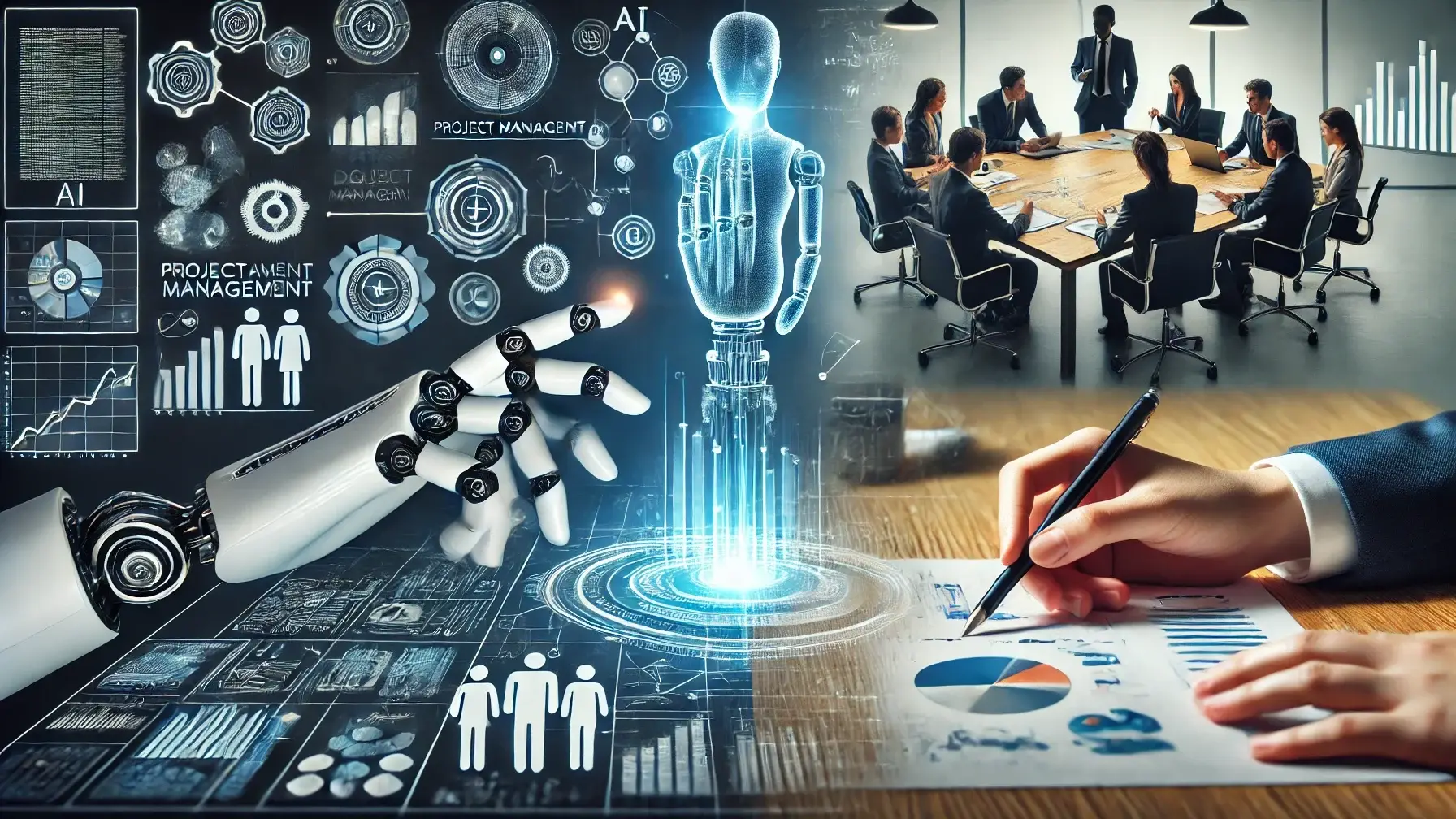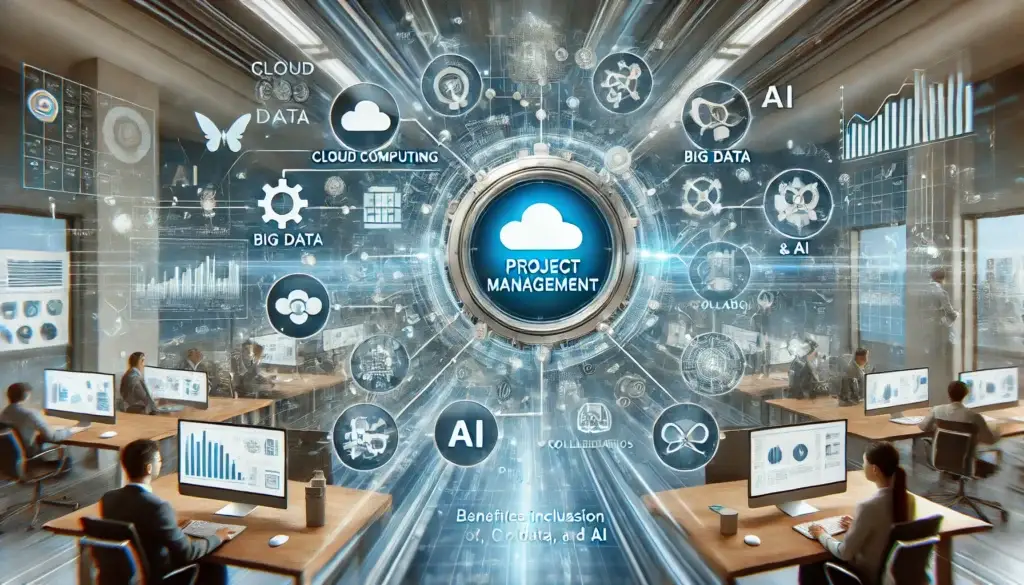
In today’s era of rapid technological evolution, Artificial Intelligence (AI) is revolutionizing various industries, and modern project management is no exception. AI offers powerful tools for automating tasks, analyzing data, and enhancing decision-making processes. However, even amidst this digital revolution, the essence of human skills in modern project management remains irreplaceable. This perspective doesn’t discount the potency of AI but underscores the pivotal role humans play in effectively managing projects.
1. Presence: Navigating the Moment
At the heart of successful project management lies the ability to be truly present. This concept goes beyond physical presence; it involves actively engaging with stakeholders, attentively listening to team members, and maintaining a deep awareness of the project’s dynamics. While AI can automate routine tasks and provide data-driven insights, it lacks the nuanced understanding that human presence brings to a project.
A great project manager excels at handling the task at hand while being mindful of the multitude of responsibilities clamoring for attention. Presence is about prioritizing and navigating the intricacies of a project without succumbing to the temptation of multitasking. This skill allows managers to make real-time adjustments, anticipate challenges, and address issues before they escalate.
2. People Skills: The Human Fabric of Projects
Projects are inherently human endeavors, and their success hinges on how well people are managed. While AI can streamline processes and enhance efficiency, it cannot replace the human touch required to build relationships, foster collaboration, and motivate teams. Effective project managers need not be extroverts, but they must master the art of building coalitions, negotiating, and inspiring people to take action.
The interconnected nature of project components requires a holistic view, recognizing that every individual’s role contributes to the collective success. AI can assist in monitoring team performance, but it is the human project manager who can sense the mood of the team, address conflicts, and ensure that everyone feels valued and motivated.
3. Perception: Business Acumen in Action
Another essential skill that sets human project managers apart is perception, closely aligned with business acumen. This skill involves understanding the context of a project and making informed decisions that deliver maximum value to the organization and stakeholders. While AI can provide data analytics and predictive modeling, it is the project manager’s perception that can interpret these insights in the context of the project’s broader objectives.
Perception allows project managers to delve beyond surface-level considerations and explore the core value that a project generates in both the immediate and broader contexts. It enables them to contextualize interactions with team members, stakeholders, and sponsors, ensuring that the project aligns with strategic goals.
4. Proficiency: Adapting to Change and Uncertainty
Proficiency in modern project management extends beyond specific technical skills; it encompasses the ability to deliver results consistently, even in the face of uncertainty. In a landscape marked by constant change, the most critical skill is the proficiency to manage these dynamics effectively.
AI can assist in adapting to change by providing real-time data and automating repetitive tasks. However, it is the project manager’s proficiency that guides the team through these changes, ensuring that the project stays on course. Proficiency might manifest in excellent negotiation skills, the capacity to shift perspectives, or the ability to pivot strategies when necessary.
5. The Role of AI in Modern Project Management
While this article highlights the irreplaceable value of human skills, it’s essential to acknowledge the significant role that AI plays in modern project management today. AI can enhance efficiency, reduce human error, and provide insights that might not be immediately apparent through human analysis alone. For instance, AI-driven tools can predict project risks, optimize resource allocation, and track project progress in real-time.
However, the most effective use of AI in modern project management occurs when it complements human skills rather than replacing them. By automating routine tasks, AI frees project managers to focus on areas where their presence, people skills, perception, and proficiency are most needed.
Striking the Right Balance
As we navigate the future of modern project management, the question arises: What are the core skills that must find a place in the toolkit of the modern project manager? The answer lies in balancing the use of AI with the irreplaceable human skills discussed above. While AI continues to advance, the need for project managers to be present, manage people effectively, perceive business nuances, and adapt to change remains as crucial as ever.
This balanced approach not only ensures that projects are delivered successfully but also that they align with the strategic objectives of the organization. By combining the strengths of AI with the unique capabilities of human project managers, we can achieve a level of project management excellence that neither can achieve alone.
Conclusion
In conclusion, the integration of AI into modern project management is not about replacing human skills but enhancing them. Human presence, people skills, perception, and proficiency remain vital components of successful project management. As we continue to evolve in this digital age, it is the combination of AI’s efficiency and the human touch that will drive projects to new heights of success.


